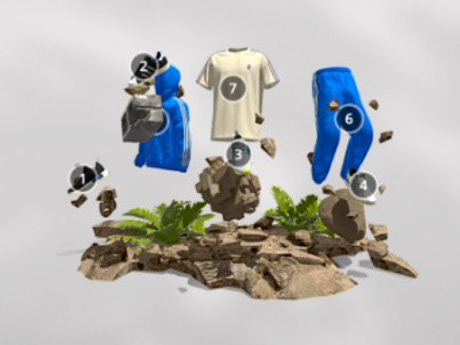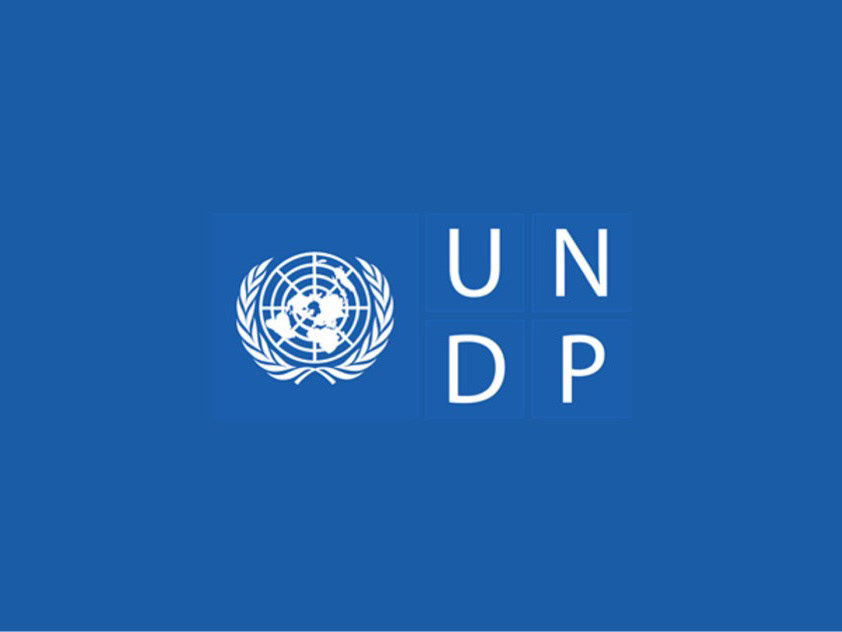Client: Common Thread | Year: 2025
Context
In collaboration with Common Thread and UNICEF, I supported a rapid qualitative research study in Burundi focused on the community response to the Mpox outbreak, with a dedicated emphasis on Protection from Sexual Exploitation and Abuse (PSEA). Taking place in a complex health and social landscape, the research aimed to understand people’s lived experiences across the full health-seeking journey — from awareness to reintegration — while also uncovering the vulnerabilities and barriers they faced, particularly around stigma, access to care, and SEA-related risks.
In collaboration with Common Thread and UNICEF, I supported a rapid qualitative research study in Burundi focused on the community response to the Mpox outbreak, with a dedicated emphasis on Protection from Sexual Exploitation and Abuse (PSEA). Taking place in a complex health and social landscape, the research aimed to understand people’s lived experiences across the full health-seeking journey — from awareness to reintegration — while also uncovering the vulnerabilities and barriers they faced, particularly around stigma, access to care, and SEA-related risks.
Goals
Our objective was to uncover the drivers and barriers that shape health-seeking behaviors in Burundi, especially among young women and other vulnerable groups. We aimed to better understand how community dynamics, social perceptions, and institutional practices influenced trust, decision-making, and the willingness to report SEA cases. The research sought to inform the design of actionable and community-rooted interventions — including both Mpox response mechanisms and PSEA-related systems — by feeding directly into a co-creation workshop with local stakeholders.
Our objective was to uncover the drivers and barriers that shape health-seeking behaviors in Burundi, especially among young women and other vulnerable groups. We aimed to better understand how community dynamics, social perceptions, and institutional practices influenced trust, decision-making, and the willingness to report SEA cases. The research sought to inform the design of actionable and community-rooted interventions — including both Mpox response mechanisms and PSEA-related systems — by feeding directly into a co-creation workshop with local stakeholders.
Methods
To capture diverse perspectives, we used a combination of in-depth interviews, focus group discussions, and observational research in key locations, including a community and a clinic. Participants included young and adult women, healthcare workers, sex workers, and men from the community. I supported the team in designing the research approach, refining tools, and synthesizing findings. We anchored the research in a health-seeking journey framework, previously hypothesized, and worked to map lived experiences against each stage — from initial awareness to post-discharge reintegration. Special attention was given to the sensitive nature of PSEA, ensuring ethical rigor and contextual nuance throughout data collection and analysis.
To capture diverse perspectives, we used a combination of in-depth interviews, focus group discussions, and observational research in key locations, including a community and a clinic. Participants included young and adult women, healthcare workers, sex workers, and men from the community. I supported the team in designing the research approach, refining tools, and synthesizing findings. We anchored the research in a health-seeking journey framework, previously hypothesized, and worked to map lived experiences against each stage — from initial awareness to post-discharge reintegration. Special attention was given to the sensitive nature of PSEA, ensuring ethical rigor and contextual nuance throughout data collection and analysis.
Outcome
The research surfaced deep emotional and structural insights — from widespread misconceptions around Mpox and SEA, to the social costs of isolation, and the underutilization of existing reporting mechanisms due to stigma and fear. These findings were synthesized into a journey map highlighting key drivers and barriers at each stage, and used to frame an ideation workshop with UNICEF and local actors. The workshop led to the co-creation of tangible solutions to improve prevention, reporting, and reintegration support. Beyond strategic insights, the project contributed to more empathetic and community-centered responses to both public health and protection challenges in Burundi.
The research surfaced deep emotional and structural insights — from widespread misconceptions around Mpox and SEA, to the social costs of isolation, and the underutilization of existing reporting mechanisms due to stigma and fear. These findings were synthesized into a journey map highlighting key drivers and barriers at each stage, and used to frame an ideation workshop with UNICEF and local actors. The workshop led to the co-creation of tangible solutions to improve prevention, reporting, and reintegration support. Beyond strategic insights, the project contributed to more empathetic and community-centered responses to both public health and protection challenges in Burundi.
Testimonial
"I had the chance to work with Benjamin to facilitate a rapid HCD process supporting the Mpox response in Burundi. He’s a talented designer with strong facilitation and analytical skills, and a real gift for putting people at ease in workshops. Benjamin has a great ability to break down complex ideas into something simple and accessible—creating an engaging, fun environment that’s perfect for ideation and creative problem-solving. I highly recommend him!"
- Souada Bentaleb, Project Coordinator






